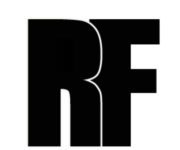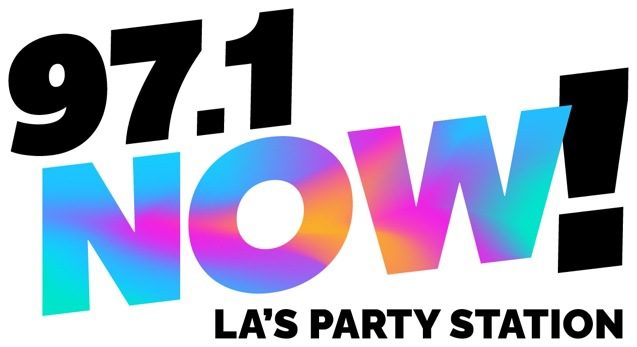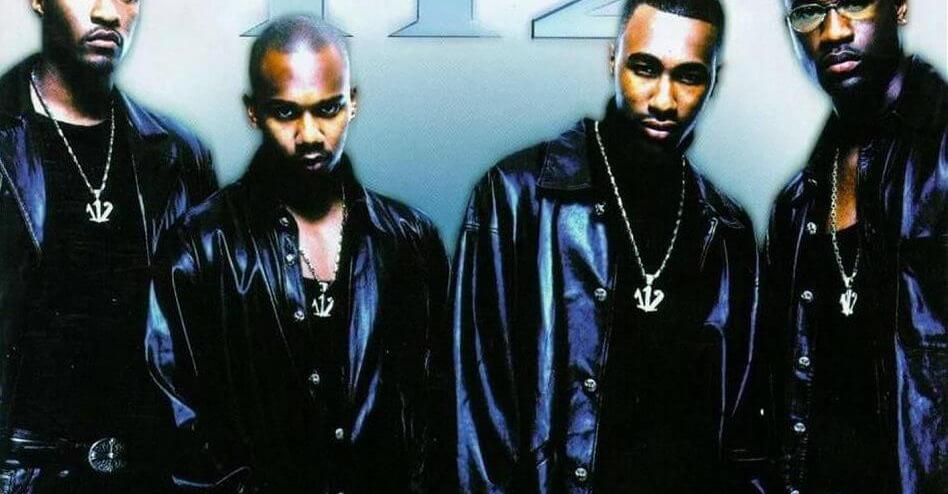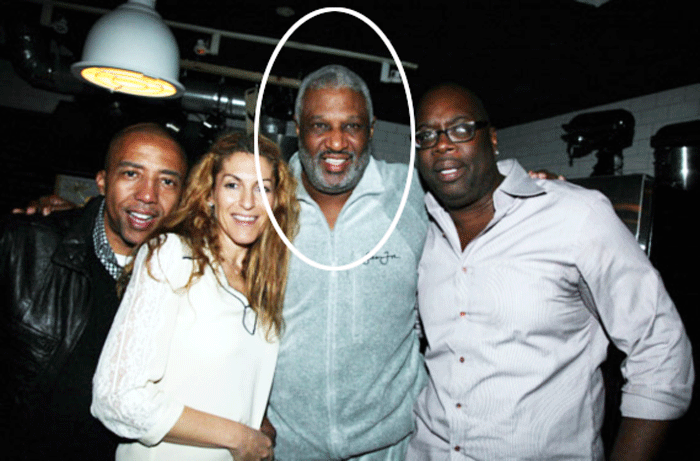With 90% Revenue Loss, The Independent Concerts Industry Is in Grave Danger of Permanent Closures Without Federal and Local Aid
Congressman Mike Thompson, Bob Weir, And More Held a Joint Press Conference This Week in Support of the Save Our Stages Effort
After six months with multiple Bay Area venues shut down, Another Planet Entertainment joins hundreds of independent venues and promoters across the country in sounding the alarm to legislators that federal and local aid are essential for the music industry’s survival.
This past Tuesday, September 15, Another Planet Entertainment held a joint press conference with Blue Note Napa, with statements and testimonials in support of the Save Our Stages efforts from Congressman Mike Thompson (D-CA 5th District), Bob Weir (Grateful Dead, Dead & Company, The Wolf Bros), Don Was (President of Blue Note Records, Grammy-Award Winning Producer, Touring Musician), Allen Scott (Head of Concerts and Festivals at Another Planet Entertainment), Ken Tesler (Managing Director of Blue Note Napa and JaM Cellars Ballroom), Joanne Desmond (Business Agent at IATSE Local 16) and Derek Featherstone (CEO & Owner of UltraSound).
Congressman Thompson opened the discussion by acknowledging the importance and timeliness of the Save Our Stages Act and the RESTART Act. “We need to make sure that members of Congress from both the House and the Senate know how important this is. The bills are bipartisan. It’s critical for employment in their districts; it’s critical for the sake of music,” he said.
Bob Weir put it simply, ”Music crosses party lines. Everybody needs music.”
At the federal level, the Save Our Stages Act is the most viable solution for independent promoters like Another Planet Entertainment, as it would provide $10 billion in grant funding for live venues, promoters, producers, talent representatives and festivals affected by COVID-19 stay-at-home or limited capacity orders. These grants would provide at least six months of financial support to keep venues afloat, pay employees, and preserve a critical economic sector for communities across the country.
With wide bi-partisan support across all 50 states, the Save Our Stages Act is co-sponsored by Senator Kamala Harris and Senator Dianne Feinstein, as well as an additional 20 House Representatives of California. However, Speaker Pelosi has not publicly supported the Act and is considered a crucial player to help integrate the Save Our Stages Act into additional Coronavirus Relief Package legislation currently in discussion.
“We produce nearly 1,000 shows throughout the Bay Area annually, in venues sized 300-400 capacity all the way up through stadiums and to Outside Lands where we do 75,000 people per day. Through that, so many people are touched: there are security, ticket takers, catering, stagehands, union stagehands, the touring artists, bus drivers, touring personnel, merchandise, the list goes on and it spiderwebs out to thousands and thousands of people,” Allen Scott said. “I call on Speaker Nancy Pelosi to keep fighting for the next coronavirus bill and urge her to include Save Our Stages and/or RESTART in that bill because it is critical for our industry to survive.”
At the local level, Another Planet Entertainment joins a coalition of San Francisco independent venues – including 1015 Folsom, Amado’s, August Hall, Bimbo’s 365 Club, Cafe Du Nord, Great American Music Hall, The Lost Church, Madrone Art Bar, The Pearl, Piano Fight, Rickshaw Stop, The Riptide, Swedish American Music Hall, and more – to call on Mayor London Breed and the San Francisco Board of Supervisors to introduce an emergency resolution in support of the events industry. Collectively, these venues have asked that the Board of Supervisors forgive business expenses owed to the City during shutdown, waive 2020 SFMTA white zone permits, offer support for lease rental payments while closed, reduce payroll tax for employees through 2021, create a Legacy Business Program tailored to venues with eligibility after ten years, and more.
Unlike other industries that have been able to adopt new delivery or curb-side services, music venues rely solely on full capacity physical attendance to make ends meet. We have already seen venue closures in the Bay Area including The Stud, The Uptown, and Stork Club, and if this continues, we will see a dramatic economic impact on surrounding businesses and neighborhoods. According to a 2018 update of the Controller’s Office economic impact study, over 3,850 nightlife establishments in San Francisco employed over 63,000 workers, and generated an estimated $7.2 billion. Outside Lands single handedly contributes $67 million annually to the city of San Francisco, creates an equivalent of 700.4 full time year-round jobs, and pays 9.5 million in state and local taxes.
Joanne Desmond of IATSE Local 16, the Bay Area labor union that provides stage technicians, explained, “Our 2,000+ workforce is currently at over 98% unemployment and we have little hope of getting back to work until possibly mid-2021. Our members lives’ have been upended as they struggle to find ways to pay their rent, maintain their health insurance, and to keep food on the table. We are not an industry that has the luxury to work remotely. We count on these venues to stay alive.”
Another Planet Entertainment cancelled its first event due to COVID-19 in early March: Tame Impala at Chase Center scheduled for March 13, 2020. A stacked calendar through the end of 2020 with hundreds of events followed suit soon after. Berkeley’s Greek Theatre saw the loss of its entire 2020 season, Outside Lands Music Festival in Golden Gate Park was rescheduled for August 2021, and events at the Bill Graham Civic Auditorium, the Fox Theater, The Independent, The New Parish, and more ceased operations.
The impact of even temporary closures on the Bay Area’s economy is massive. Independent music venues are economic multipliers and community builders; a Chicago study estimated that $1 spent at a small venue resulted in $12 of economic activities for neighboring restaurants, hotels, and retail shops.
The Independent opened in 2004 in San Francisco and has since completely transformed the Divisadero Corridor by bringing in over 3,000 people every week and attracting locally owned boutiques, galleries, bars and restaurants to open in the neighborhood.
The Fox Theater opened its renovated doors in 2009 and has since seen the Uptown Oakland neighborhood flourish, bringing in 3,000 people per show night and producing over 100 events per year. The Fox Theater regularly hosts events for both the City of Oakland and Oakland School for the Arts, plus puts on an annual fundraiser for the Children’s Hospital of Oakland.
The Bill Graham Civic Auditorium has helped revitalize the Civic Center and mid-Market neighborhoods, and hosts multiple City annual events for the benefit of the community including Project Homeless Connect, Earthquake Safety Fair, and more. The Bill Graham Civic Auditorium will also be utilized as a polling place for this November’s election, with venue staff volunteering as poll workers.
Festivals including Outside Lands, Treasure Island Music Festival, Clusterfest, and more have put the Bay Area on the map as a travel destination with world-class events.
“When you look around and you want to be in a world class city like San Francisco, you want live music. We should all try to imagine for a minute if there were no live music venues in your town, what that would look like,” Scott said.
The PPP (Paycheck Protection Program) and other programs are not viable options for Another Planet Entertainment and similarly situated independent venues, as they are completely shuttered and in need of long-term support with flexibility for the use of funds due to high overhead costs. Without support from Congress for the Save Our Stages Act, 90% of NIVA’s independent venues across America say they will be forced to close their doors permanently.
Without immediate support from both local officials and federal legislation, independent venues in the Bay Area and across the country are at risk for permanent closures. Permanent venue closures would impact the entire music economy and ecosystem in America – artists, talent agents, stagehands, security, catering, artist managers, tour bus industry, production, radio/social media/tv/print advertising, record companies, and many others – in addition to the many small businesses and communities these venues reside in.
“The live music industry is different than many of the other industries that are being affected by COVID right now. We were the first businesses to close and we will be the last ones to open. We have zero dollars in revenue, or close to zero dollars in revenue coming in right now. If something is not done here, I think we are going to see a wave of live music venues going out of business. It is just imperative that RESTART or Save Our Stages are included in a bill.” Scott said.
























